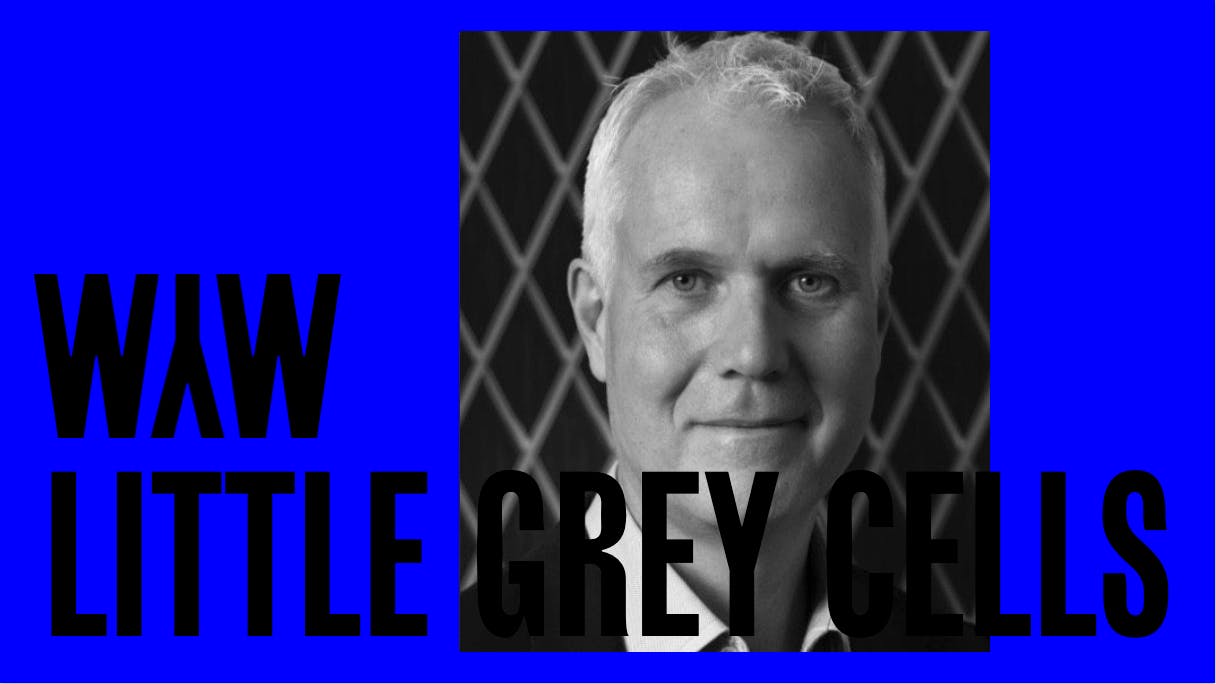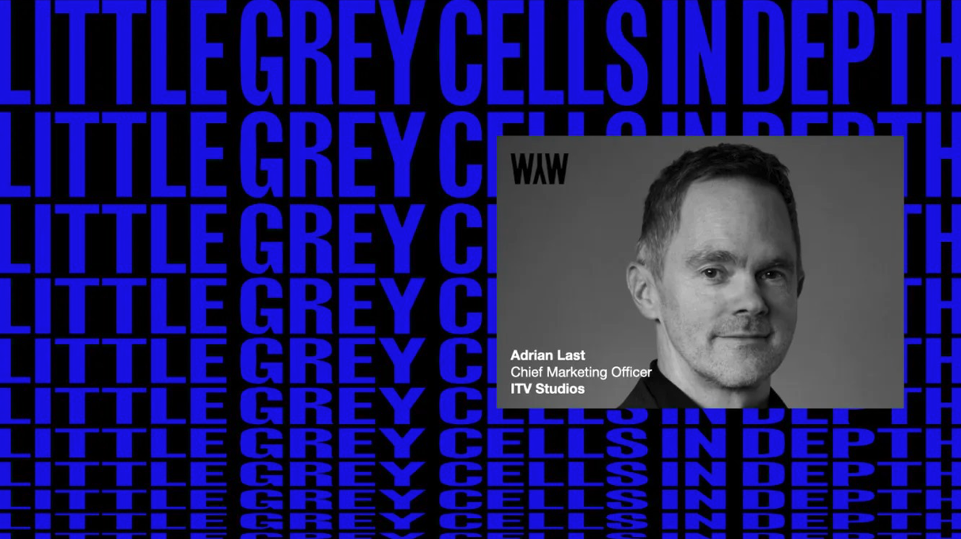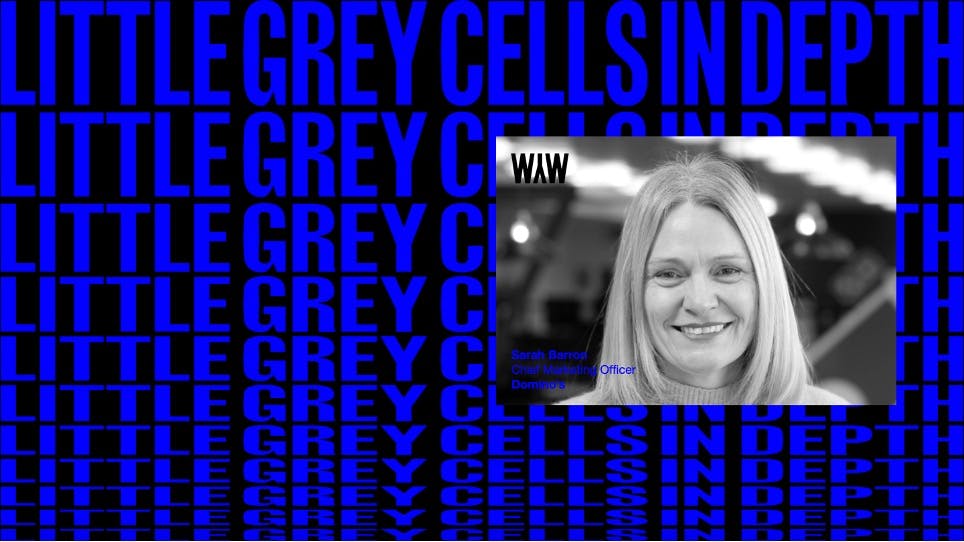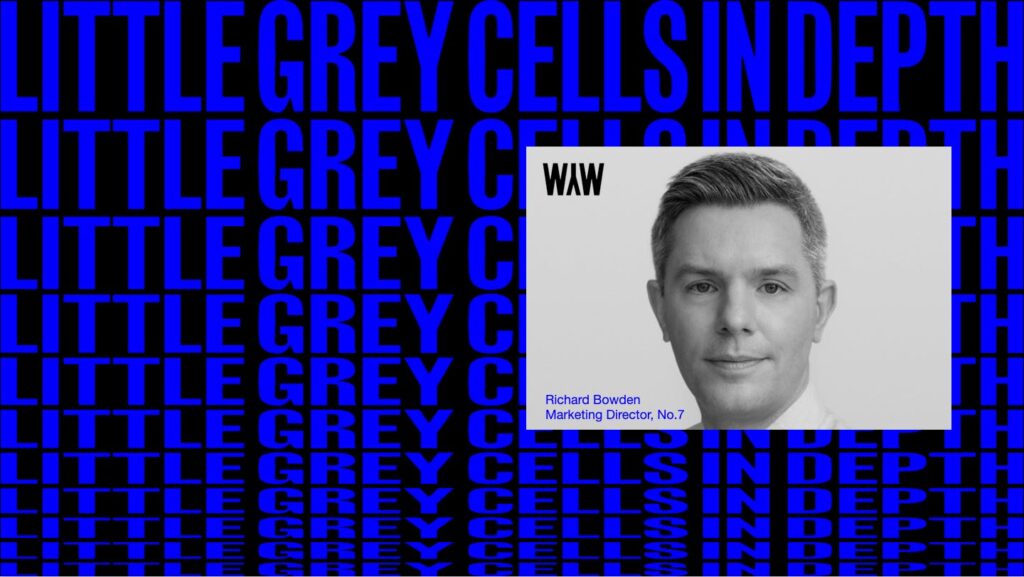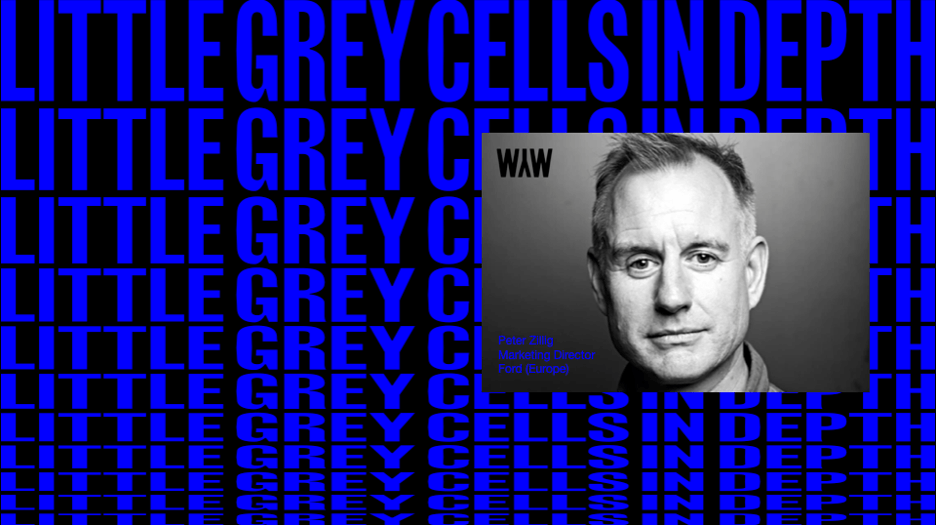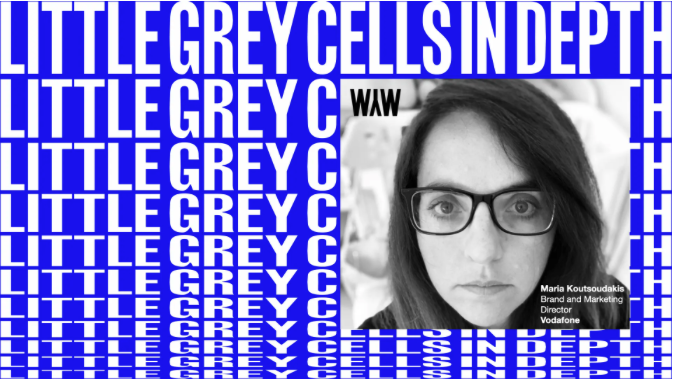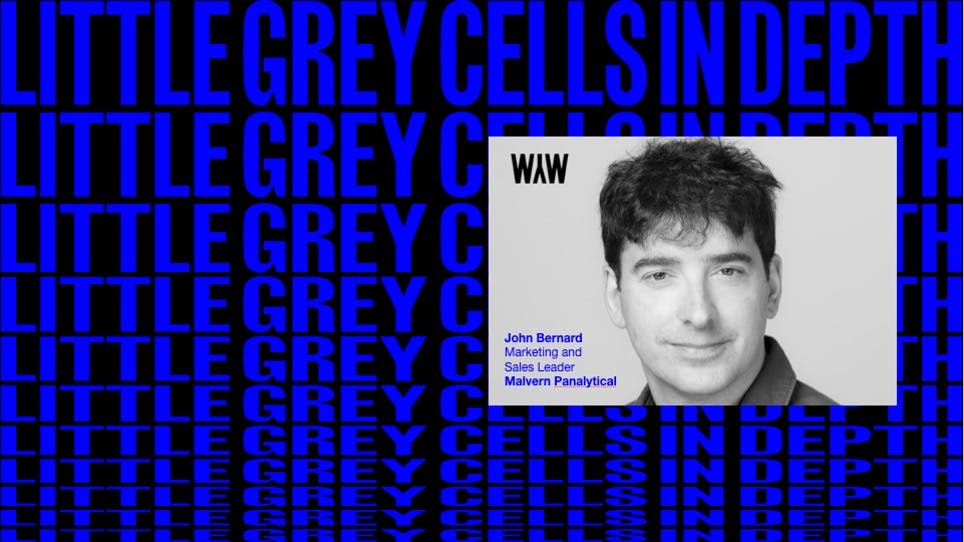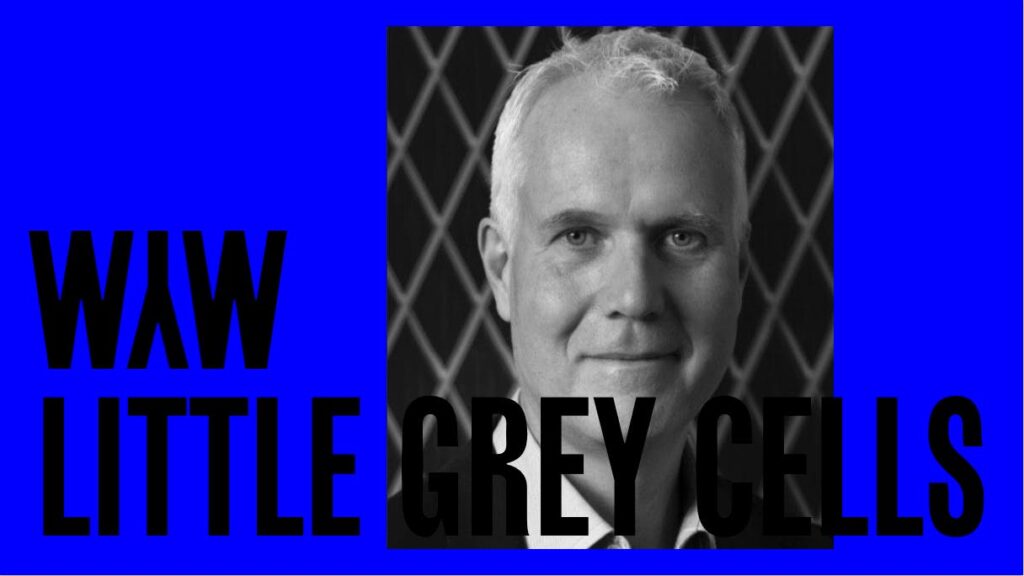Originally published: October 05, 2023
What inspired you to pursue a career that embraces marketing?
I come from a creative family and whilst I did not think I was talented enough to make a living in music I did want to pursue a career that was creatively and intellectually stimulating. I was always fascinated with the intangible nature of the pulling power of great brands. The reality today, more than ever, is that many products and services lack any sort of product based USP or superiority and so brand drives relevance and margin if managed well. The other reason is that I have enjoyed a lot of variety in marketing as the skill set can applied across diverse industry sectors.
What are the biggest challenges facing your marketing team?
The challenge is always where to prioritise limited resources and to maintain morale and commitment in challenging circumstances. Establishing a new premium auto brand in Europe is a big challenge and the team is being asked to go ‘above and beyond’ on many occasions to deliver in the time frame that the business requires.
Science vs. Art: With scientific data-driven marketing at one end of the spectrum and genius creative ideas at the other – which side do you lean towards?
Great brands have an emotional connection with their fans and buyers, you cannot beat an emotional argument with a rational one, (just look at Brexit). And so more than ever people are seeking out authentic brands that people can build a relationship with and trust. A highly optimised performance marketing machine is great but has its real limitations if the upper funnel or the product/service reality is not meeting expectations.
In marketing, when is it ok to rely on AI and when do you think you definitely ‘need a human’?
Well again AI is going to usher a revolution into the economy and its difficult to predict its impact when generative AI as strong applications. There is no doubt that it will improve elements of the marketing mix, but there are limits to automation, whether that is the increasing privacy controls or people detoxing from screens. The human creative and innovative power will always drive great new products, services and brands!
How is your business coping with the ‘perfect storm’ of economic turbulence and increased cost of living?
A period of turbulence can offer opportunities as the existing order is being shaken up. This is certainly true in the electric car market where many new entrants are entering the market that probably would have not been successful in the context of petrol/diesel engines. Inflation and increasing interest rates is a real challenge that is causing people to put off major expenditure or downgrade their expectations. It is of course important that Brands are quick to adjust their market position to remain competitive within a relevant set of competitors.
How do you adapt a business and marketing strategy to embrace the latest trends and keep ahead of the competition?
Brands and the product/service offering must always maintain their relevance and I would suggest that technology in all its manifestations is by far the biggest disruptor. An example for me is just how powerful social media can be to drive all aspects of the brands relationship with its customers. The reality in most categories is that we are working in mature markets where there is plenty of choice, and so a brands ‘full offer’ needs to be differentiated in a meaningful and relevant way. In addition, I am big believer in consistency, consumers have many more interesting things going on in their life than your brand/product/service – so don’t make it hard for them.
What role does your company’s purpose and environmental approach play within your marketing strategy?
The company has made a big commitment to transitioning to electric vehicles over the next few years and this has a dominant impact on our strategic approach. Consumers are more open to new brands in new markets where the previous reference points are less important and so this offers many opportunities in the transition to more green energies.
How important is storytelling when maximising your customers engagement with a campaign?
Storytelling is essential in brand building especially and almost exclusively through video. YouTube can be incredibly effective with the right content marketing approach – across all types of videos. However, it is very hard to get right and takes a sustained approach with the acceptance that some of the videos will be dud’s, and if you are lucky some will drive brand love.
Creative agencies rail against the time and resources spent working on pitches to win accounts: is there a realistic, fair alternative to the pitch process?
I think there are good ways for clients to do a pitch and really bad ways! As I am sure agencies are aware clients are nearly always mandated to pitch suppliers and re-pitch after 3 years to remain compliant and transparent. Marketing is often the largest element of an ops budget and so there is an obligation to show due process and value.
I believe I have always tried to run efficient and fair pitches with clear succinct briefs and a timely process with objective outcomes. Also, I do think that clients should pay a small fee to go towards the costs. Many agencies (certainly in the past) overspent on pitches, when I led the Vodafone UK main agency pitch back in 2006, JWT actually built a replica of a curry house (as the original Vodafone office in Newbury was above a curry house). It certainly did not help the presentation and was a waste.
From a marketing perspective, what’s coming up for your brand or business in 2023 and beyond?
Genesis will continue its rapid transition to electric cars with 3 outstanding products, we will continue to focus on an outstanding customer experience.
If there is one thing you know about marketing it is…?
KISS (Keep It Simple Stupid!) Brands need to be very clearly defined, over the years I have seen so many Brand positioning documents where more and more words and phrases are added. The more words you add the less they mean, and especially with international brands it is essential to keep it concise and consistent. A great example of this is the Land Rover Brand which I had the privilege to be a custodian of for a few years: this brand has a very strong strategic thread going back 60 years and there are ads and activations that could be applied today from 30/40 years ago – very few brands manage this.
